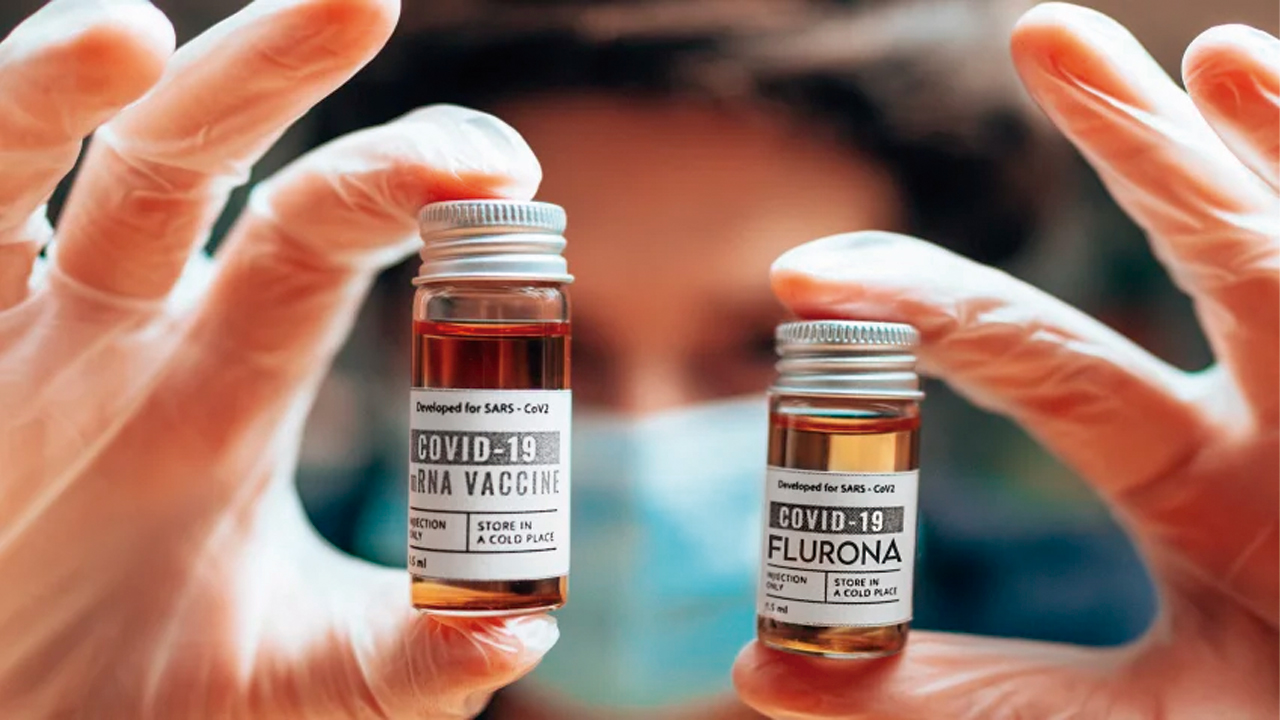In the field of Alzheimer’s disease research, recent findings regarding genetic variants could have significant implications for treatment approaches and clinical trials. The discoveries shed light on how certain genetic profiles impact responses to treatments and disease progression, particularly concerning a newly approved Alzheimer’s therapy called Leqembi.
The Impact of APOE4 Variant on Treatment Response: Clinical trials have revealed that individuals with two copies of the APOE4 variant exhibit notably higher rates of brain bleeding and swelling when undergoing treatment, such as with Leqembi from Eisai and Biogen. This discovery has led to some treatment centers opting not to administer the drug to patients with this genetic profile, according to Dr. Reisa Sperling, an Alzheimer’s researcher at Mass General Brigham who contributed to the study.
Dr. Sperling emphasized that individuals with the APOE4 variant should potentially receive treatment at a younger age due to their increased risk of rapid cognitive decline. This insight highlights the importance of early intervention and personalized treatment strategies.
Enrolling APOE4 Homozygotes in Preventative Trials: Dr. Samuel Gandy, an Alzheimer’s researcher at Mount Sinai in New York, highlighted the urgency of enrolling APOE4 homozygotes (individuals with two copies of the APOE4 variant) in trials aimed at preventing Alzheimer’s before symptoms manifest. Dr. Sperling is actively conducting such a trial, emphasizing the proactive approach needed to address genetic risk factors.
Potential Implications for Disease Risk Assessment and Clinical Trials: Heather Snyder of the Alzheimer’s Association emphasized that if the findings are validated, they could significantly impact how disease risk is evaluated, studied in clinical trials, and targeted with treatments. Understanding genetic predispositions like the APOE4 variant is crucial for developing personalized and effective interventions.
Genetic Forms of Alzheimer’s Disease: The study also highlights different genetic forms of Alzheimer’s disease, including Autosomal-dominant Alzheimer’s Disease, which is linked to mutations in three specific genes, and Alzheimer’s associated with Down syndrome. These genetic distinctions highlight the complexity of the disease and the importance of tailored approaches to treatment and research.
Considerations for Diverse Populations: A key limitation of the study is its focus on individuals of European ancestry. The research team acknowledges the need for further investigation among populations of African descent, where the impact of the APOE4 variant on Alzheimer’s risk may differ. Diversifying research efforts is essential to ensuring that findings are applicable and inclusive across diverse populations.
In summary, recent genetic findings in Alzheimer’s research highlight the critical role of genetic variants like APOE4 in treatment response and disease progression. These insights emphasize the need for personalized approaches to Alzheimer’s care and showcase the importance of inclusive research efforts that consider diverse genetic backgrounds. As the field continues to advance, integrating genetic information into treatment strategies will be essential for improving outcomes and developing targeted therapies for Alzheimer’s disease.

 As the field continues to advance, integrating genetic information into treatment strategies will be essential for improving outcomes and developing targeted therapies for Alzheimer’s disease.
As the field continues to advance, integrating genetic information into treatment strategies will be essential for improving outcomes and developing targeted therapies for Alzheimer’s disease.







.jpg)












.jpeg)

.jpeg)
.jpeg)

.jpeg)


.jpeg)



.jpeg)
.jpeg)
.jpeg)


.jpg)


.jpeg)
.jpeg)